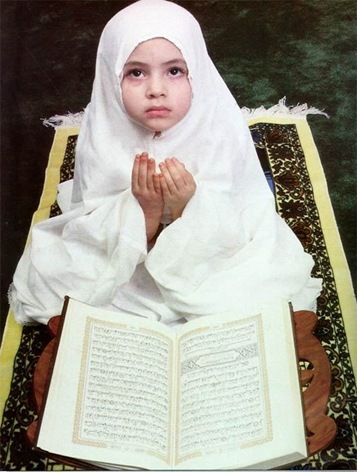

Islam allows divorce if circumstances warrant or necessitate it. Islam has permitted divorce reluctantly, neither liking nor recommending it. The Prophet of Islam has said:
"Among lawful things, divorce is most disliked by Allah" (narrated in the book of tradition of Abu Daud).
Islam has not made it necessary that the grounds of divorce should be publicized. It, however; does not mean that Islam views divorce lightly. In fact, publicity of grounds may not be of any positive consequence. The grounds may not be pronounced but genuine. On the other hand, the grounds may be stated and may in reality be false. Islam does not also want washing dirty linen of private affairs in public or in the court except in exceptional circumstances. It is for this reason that court comes in as a last resort in the Islamic scheme of separation of husband and wife.
The Quran states as regards grounds of divorce in very general terms:
"And if you fear that the two (i.e husband and wife) may not be able to keep the limits ordered by Allah, there is no blame on either of them if she redeems herself (from the marriage tie) "
(2 : 229).
The general ground of divorce in the Quran, therefore, is hopeless failure of one or both parties to discharge their marital duties and to consort with each other in kindness, peace and compassion.
The jurists have developed some indices which may be accepted as grounds of divorce in case the divorce matter goes to the court. Long absence of husband without any information, long imprisonment, refusal to provide for wife, impotence etc. are some of the grounds on which wife can ask for divorce. Either party may take steps to divorce in case of chronicle disease, insanity, deceptive misrepresentation during marriage contract, desertion etc.
A Muslim male is allowed three chances, that is to say, three pronouncements or acts of divorce on three different occasions provided that each divorce is pronounced during the time when the wife is in the period of purity (that is not in her menstrual time). A husband may divorce his wife once and let the Iddat (the period of waiting after divorce) pass. During the waiting period the two have the option of being reconciled. If however the waiting period passes without reconciliation, they stand fully divorced.
If after the first divorce the husband is reconciled with his wife but the hostility and conflict begins all over again, he may divorce her a second time in the same manner as stated above. In this case also he can return to her during the Iddat (or waiting period). If however, after second reconciliation, he divorces the wife the third time, he can not take back the wife during the Iddat. She is totally prohibited for him. The lady, thereafter can marry any person she likes according to her choice. (Ref: The Lawful and the prohibited in Islam by Dr. Yusuf Al Qaradawi).
The wife can divorce her husband if this condition is stipulated in the marriage contract. This kind of divorce is called ‘Delegated Divorce’ (Talaq Taffiz). Marriage can also be dissolved through mutual consent. This is called Khula in the technical language of Islamic law. Marriage can also be dissolved by judicial process through the court on complaint of the wife on the grounds explained before.
One of the consequences of the divorce is the commencement of waiting period for the wife. This usually lasts three months. If there is a pregnancy, it lasts as long as pregnancy lasts. The waiting period is basically a term of probation during which reconciliation can be attempted. It is also required to establish whether the wife has conceived. It also allows time for planning the future.
Maintenance of wife during the waiting period is on husband. The wife can not be expelled from her place of residence and he can not in any way harass her. These will constitute moral as well as criminal offence.
In case of divorce, the young children remain in the custody of their divorced mother. However, the father has to provide the cost of maintenance of young children though they remain under the custody of mother. (Ref : The Family Structure in Islam by Dr. Hammudah Abdul Ati).
Islamic law of divorce is based on practical considerations. The process of separation is basically a matter of husband and wife. However; when conflict arises, attempts should be made for reconciliation. It has not made judicial process obligatory in divorce for reasons explained earlier. The intervention of court has nowhere reduced the number of divorce. Judicial process in Islam is the last resort in so far as divorce is concerned.
Islamic law on divorce if followed in true spirit will enhance the dignity of man and woman, reduce conflict and ensure justice.
Source : http://www.jamaat.org/islam/divorce.html
Tidak ada komentar:
Posting Komentar